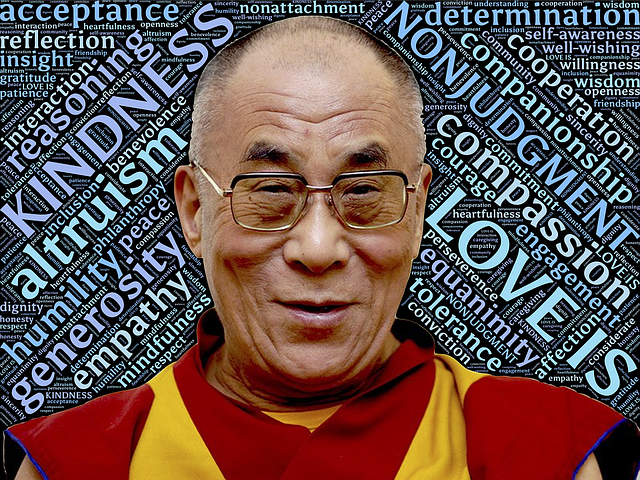“She may not remember what you said or did precisely, but she’ll remember how you made her feel.” – Penny Simkin
I’ve been thinking a lot lately about feelings and perceptions. How a person is made to feel as the result of others actions – it makes a difference. We’ve seen in our country recently increased (verbal and physical) attacks on some groups. These are generally communities that were already experiencing both overt and unintentional racism and oppression. The impact is one of fear and feeling a lack of safety (sometimes quite justified). This oppression has serious negative impacts. My intention here isn’t to get into a whole discussion on social determinants of health (which I’m not really qualified to go into deeply) or epigenetics—although one could certainly go there. Rather, today, I’d like to focus on what individuals can do to have a positive impact on others.
“Inter-dependence, of course, is a fundamental law of nature.” – Dalai Lama
We need each other. People are social beings and the acts of one person towards another, whether in the direction of compassion or anger make a difference. In labor and postpartum this is particularly crucial, as expectant and new parents are at an especially important and tender place in their lives as they prepare for and welcome their child into their family.
As doulas we can make an impact with our kindness, understanding, an intention to help and cultural attunement. When people ask me “What does a doula do?”- even after many years of being a doula I often still stumble a bit.
“Ummm, I’m nice and I help?”
Trying to explain the importance of compassion and kindness in the labor room or the days and weeks after birth—well it’s kind of a no brainer, so it seems one shouldn’t need to hire this type of support—it should already be there, right? We use words like “non-judgmental”, “compassionate” and “nurturing” to describe doula work and it would be lovely if everyone was already receiving this kind of support. Unfortunately, the nature of the medical system is disconnected from the feelings and emotions of the patient (there are both good and bad reasons why this is the case). In the home, postpartum, many new parents in America are very isolated, receiving almost no support—or they’ve been given a cultural message that to ask for help is a sign of weakness. Quite the opposite is true by the way—it takes strength to go against the cultural message of how to behave and instead ask for the support that is so common in many cultures. Many cultures around the world surround the new mother with support from extended family and community—but not so in white America. This is a very independent culture where asking for help is seen as failure.
I, myself, have been raised in that independent, never ask for help, cultural paradigm. In my own home I’ve been working through some really significant struggles with my family in recent months and have not reached out for support from friends and family as much as I probably should. A recent frustrated post on my Facebook page lead to an absolute outcry of support for me from so many different directions my head was spinning. The result was that I knew I wasn’t alone, there were others who’d gone through the struggle before me (even though my situation is unique to me) and access to resources I had needed. While my struggles are still there, I see it differently now, and knowing I’m not alone makes a difference.
Help helps. You don’t have to do this alone.
“Thus we can strive gradually to become more compassionate, that is we can develop both genuine sympathy for others' suffering and the will to help remove their pain. As a result, our own serenity and inner strength will increase.” – Dalai Lama
His Holiness the Dalai Lama, photo courtesy of Pixabay


